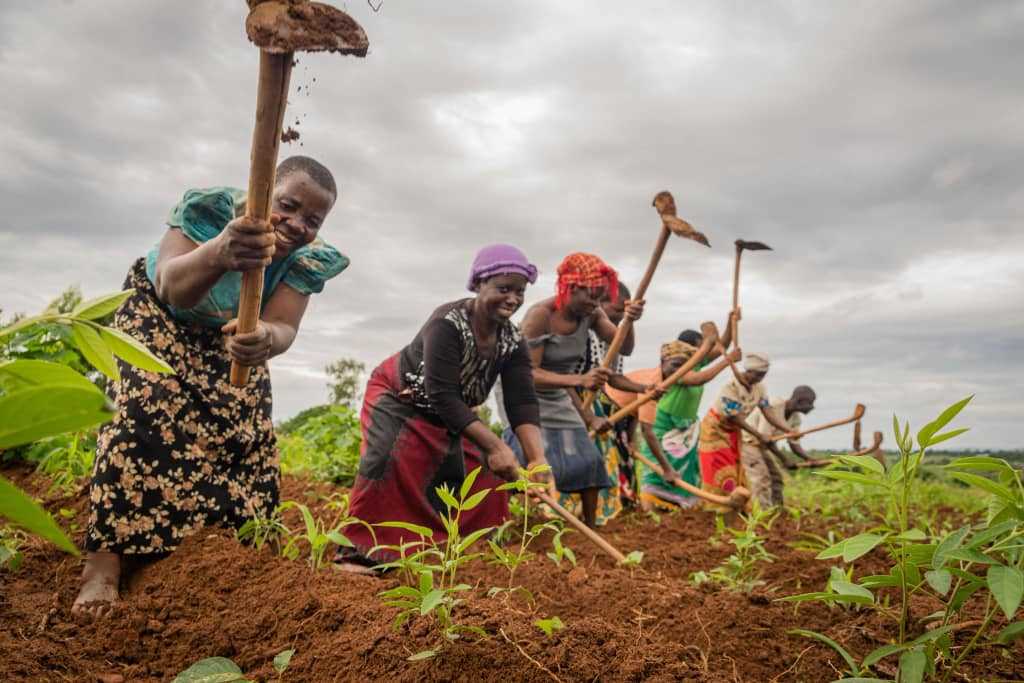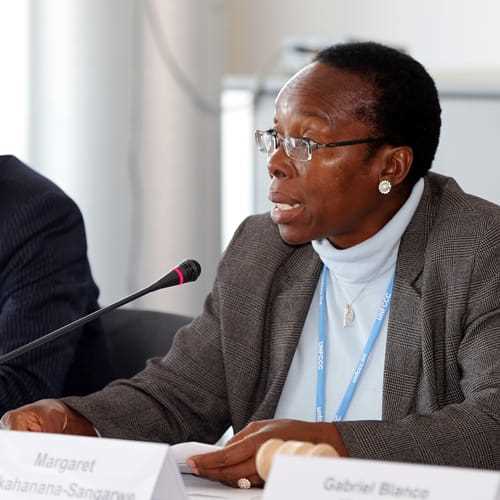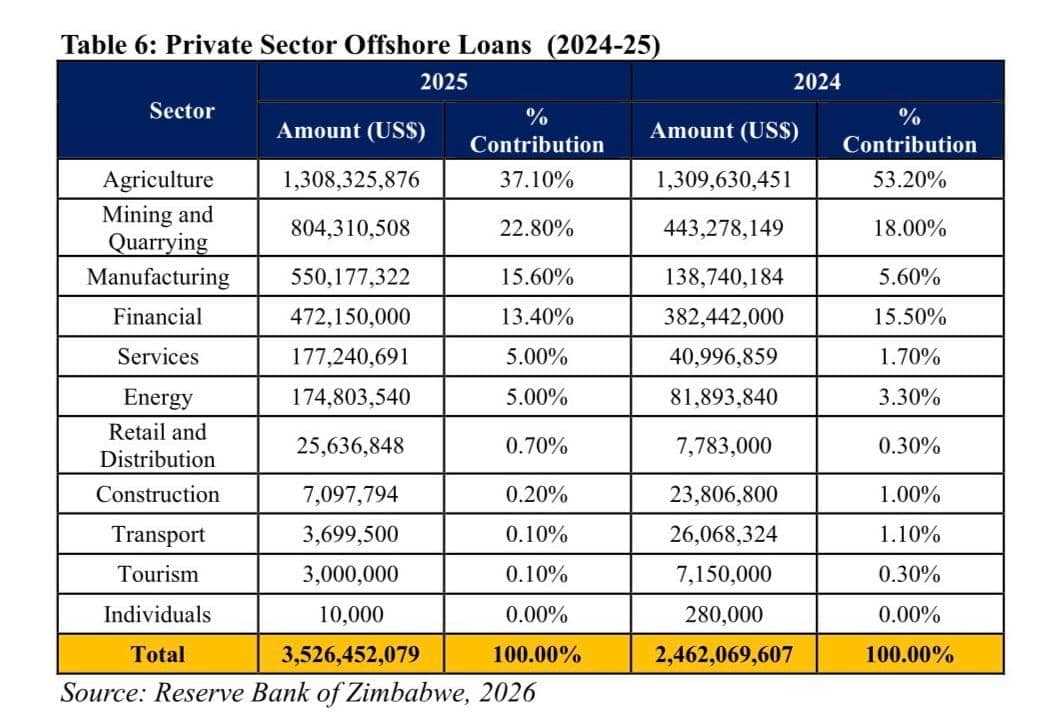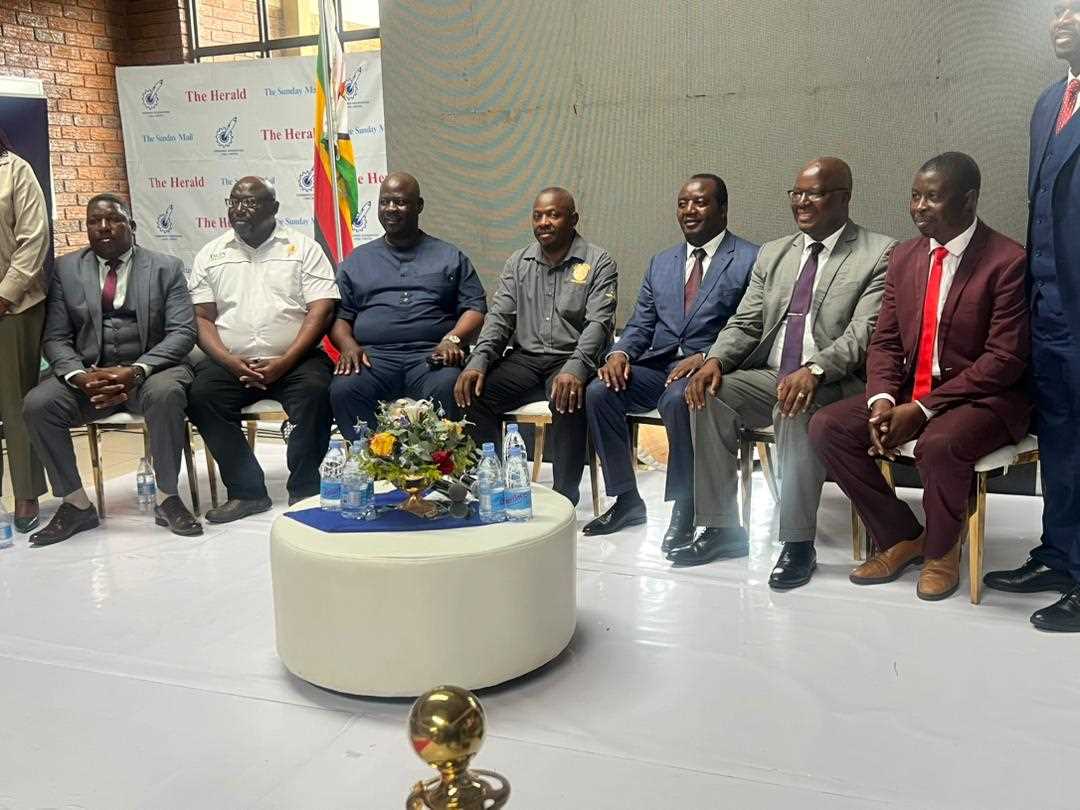
Rutendo Mazhindu
Zim Now Writer
The Zimbabwe Gender Commission joined the global community in commemorating the International Day of Rural Women, emphasising the critical role rural women play in Zimbabwe's agriculture and food security.
This year’s theme, “Rural Women Cultivating Good Food for All,” is particularly relevant to Zimbabwe, where women in rural areas are the backbone of agriculture.
In its statement, the ZGC cited data from the Food and Agriculture Organisation, which reveals that women comprise 61% of Zimbabwe's farming population and contribute an impressive 70% of the agricultural labor.
In communal areas, approximately 80% of women are involved in farming, yet many are classified as unpaid family workers, dedicating 16 to 18 hours daily, with 495% of their time allocated to agricultural work and 25% to domestic responsibilities.
Despite these contributions, women face numerous systemic challenges that limit their economic and social empowerment. These include unequal access to resources, limited ownership of land, and barriers to making decisions that affect their livelihoods.
The ongoing El Niño-induced drought has further exacerbated these issues, disproportionately affecting rural women. With increased responsibilities like fetching water and firewood, the drought has also heightened economic pressures, reducing educational and income opportunities for women.
Related Stories
This stress has contributed to a rise in gender-based violence, further endangering women’s well-being.
The ZGC stressed that insecure land tenure remains a critical issue for women in rural areas, preventing them from owning the land they farm, limiting their ability to invest in improvements, and restricting access to credit.
The Commission called on the government and relevant stakeholders to take immediate action by:
Implementing gender-sensitive policies that promote women’s rights to land ownership and resources.
Addressing the effects of climate change on rural women’s livelihoods through targeted support and resources.
Raising awareness about the connection between economic stress and gender-based violence, while providing services to support affected women.
In closing, the ZGC reaffirmed its commitment to advocating for the rights and empowerment of rural women.
The Commission urged collective efforts to build a future where every woman has the opportunity to thrive and contribute meaningfully to her community and the nation.



















Leave Comments